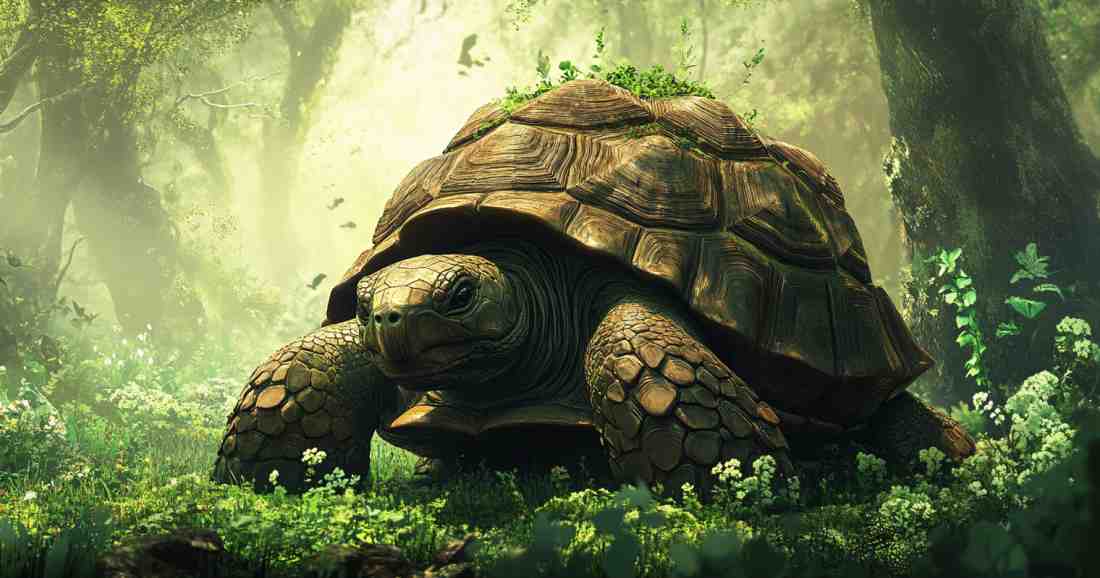
Tortoise Quiz Test Your Knowledge of These Ancient Land-Dwelling Reptiles! Tortoises are some of the longest-living and most resilient reptiles on Earth. The Tortoise Quiz challenges your knowledge of these slow-moving but incredibly tough creatures, their unique adaptations, and their fascinating behaviors. Unlike turtles, which are often aquatic, tortoises are strictly land-dwellers with thick, dome-shaped shells and powerful legs built for walking great distances. Whether you’re a reptile enthusiast or just curious about these remarkable animals, this quiz will put your knowledge to the test.
Not all cold-blooded animals are as well-adapted to life on land as tortoises. Unlike turtles, they have stumpy, elephant-like legs designed for walking rather than swimming. Their prehistoric reptile ancestry dates back over 200 million years, making them one of the most successful survivors of evolutionary history. With some species living for more than 150 years, tortoises are among the longest-lived vertebrates on the planet.
What Makes Tortoises Unique?
Tortoises rely on their reptile adaptations to thrive in harsh environments. Their thick shells provide protection from predators, while their slow metabolism allows them to survive long periods without food or water. Some species, like the Galápagos tortoise, can go for months without eating by storing nutrients in their bodies. Despite their reputation for being slow, tortoises are incredibly strong, capable of digging burrows and climbing steep terrain when necessary.
Understanding Their Behavior and Habitat
Tortoises are primarily herbivores, feeding on grasses, leaves, and fruits. Unlike many reptiles, they have a keen sense of direction and can navigate back to familiar locations over long distances. Their ability to survive in extreme climates, from dry deserts to tropical islands, makes them one of nature’s most adaptable reptiles.
Many species face threats from habitat destruction and poaching. Conservation efforts aim to protect tortoise populations, ensuring these ancient reptiles continue to thrive for generations. Some species, such as the Aldabra and Galápagos tortoises, have become conservation success stories thanks to dedicated efforts to restore their populations.
Take the Tortoise Quiz Now!
Think you know everything about these legendary land reptiles? The Tortoise Quiz will test your knowledge of their diet, habitat, and survival strategies. Whether you’re fascinated by reptile adaptations, tortoise longevity, or just want to challenge yourself, this quiz is packed with exciting facts. Take the challenge now and see how much you really know about tortoises!
